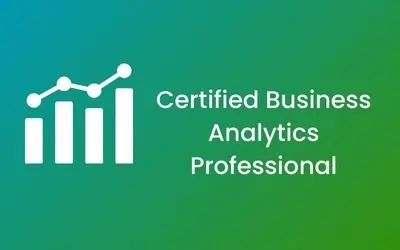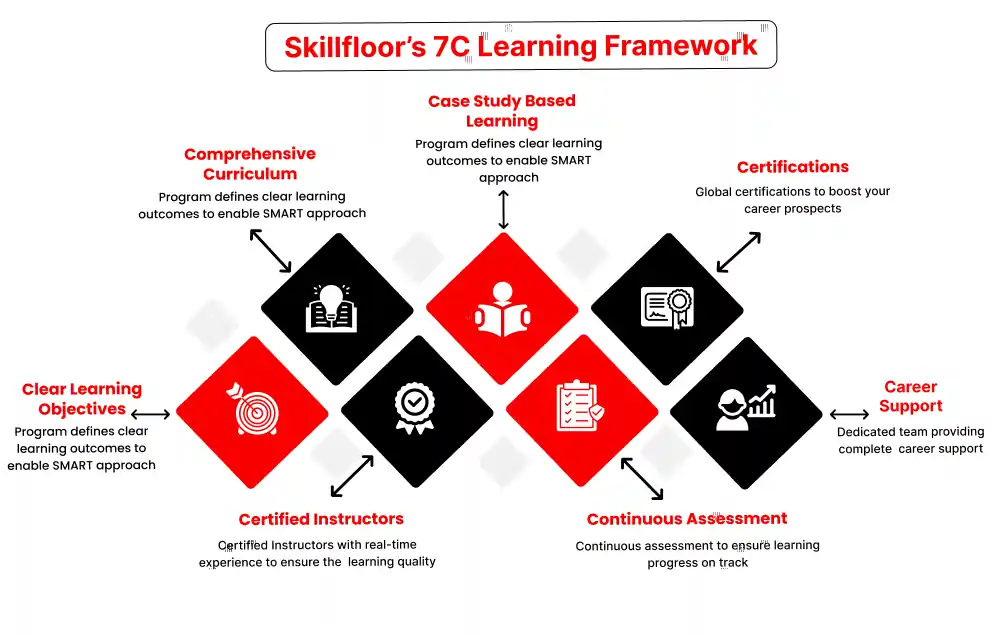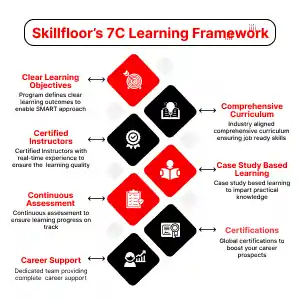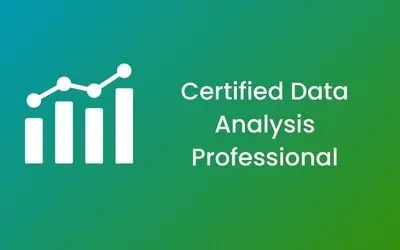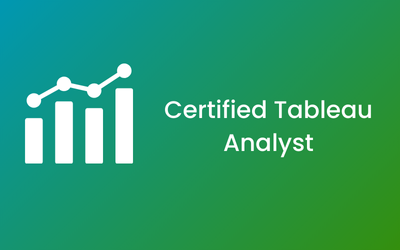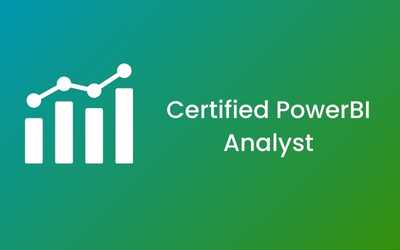Certified Business Analytics Professional
SF-DA-CBAP-1412
-

-
(220 Reviews)
- Skills: Acquire essential data analysis techniques, statistical modelling, and data visualization skills crucial for the current business environment.
- Careers: Unlock doors to lucrative career opportunities as a business analyst, data analyst, or market research analyst in diverse industries worldwide.
- Internship: Kickstart your journey with a 1-month unpaid internship, gaining hands-on experience and real-world insights under the guidance of seasoned professionals.
